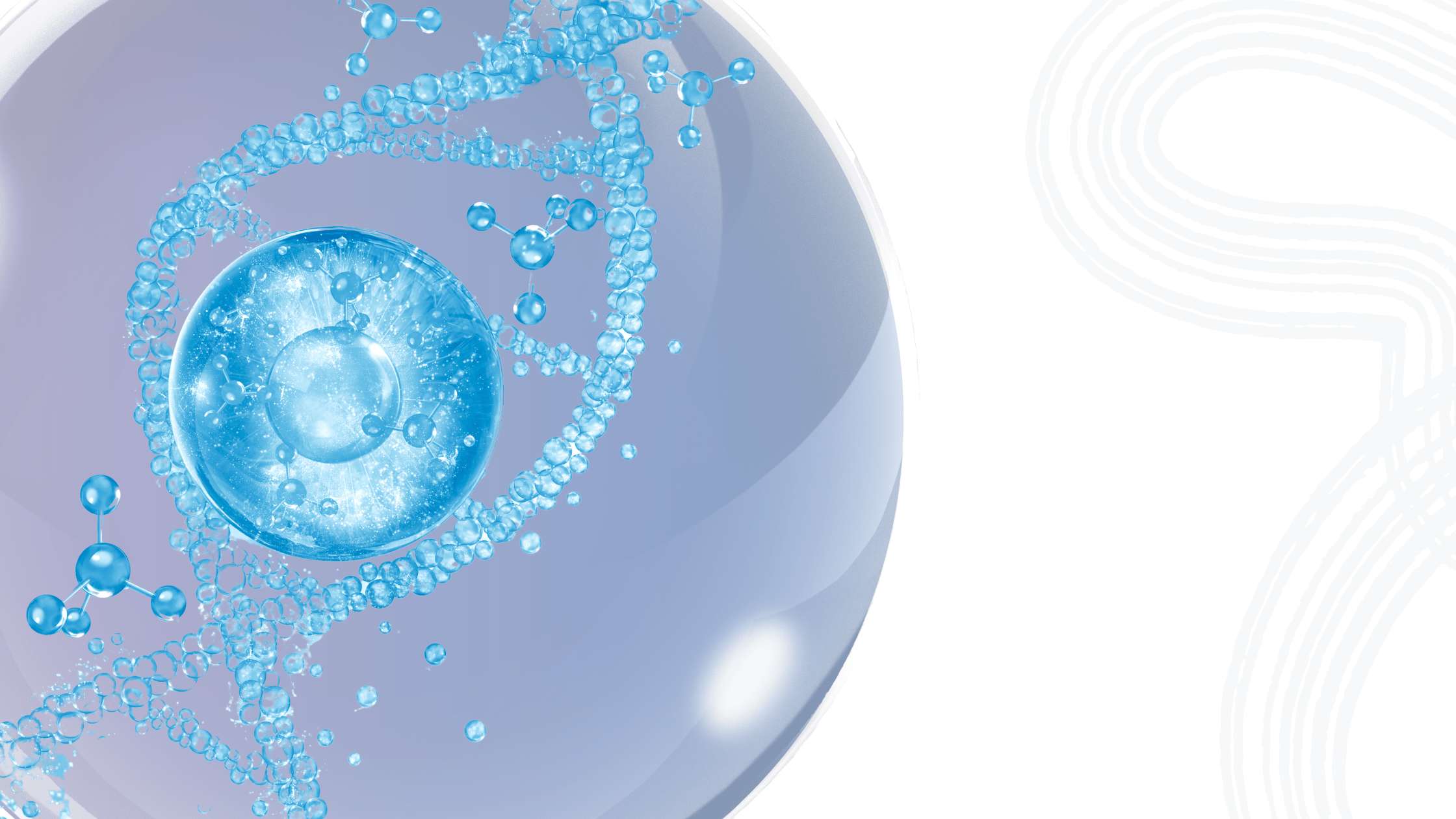
How Japanese Collagen Differs from Regular Collagen
Overview
In the world of skincare and beauty nutrition, collagen reigns supreme as the ultimate anti-aging protein. With its ability to enhance skin elasticity, reduce wrinkles, and strengthen hair and nails, collagen has become a popular supplement globally. However, not all collagen is created equal.
One particular type—Japanese Collagen—is gaining attention for its superior quality, purity, and efficacy. But how exactly does Japanese Collagen differ from regular collagen, and why is it a preferred choice among beauty enthusiasts and dermatologists alike?
Let’s dive into the science, origins, and benefits of Japanese Collagen and discover why Becura’s Glycura™ marine collagen supplement could be the secret weapon in your skincare arsenal.

Understanding Collagen: The Basics
Collagen is the most abundant protein in the human body, forming the structural matrix of your skin, bones, joints, and connective tissues. As we age, natural collagen production decreases—leading to visible signs of aging such as fine lines, sagging skin, and brittle nails.
That’s where collagen supplementation comes into play. Regular collagen supplements typically come in several forms:
-
Type I Collagen – Found in skin, bones, and tendons
-
Type II Collagen – Found in cartilage
-
Type III Collagen – Found alongside Type I in skin and organs
These supplements are commonly sourced from bovine (cow), porcine (pig), or marine (fish) origins. But the processing quality, purity standards, and bioavailability differ greatly—especially between regular collagen and Japanese Collagen.
What is Japanese Collagen?
Japanese Collagen refers to collagen peptides derived and manufactured in Japan, adhering to the country’s stringent safety and quality regulations. Most Japanese collagen products, including Becura Glycura™, are sourced from deep-sea marine fish and undergo advanced hydrolysis for enhanced absorption.
Japan’s reputation for clean manufacturing, rigorous testing, and innovative biotech gives its collagen a distinct edge. Japanese beauty standards also emphasize natural, internal nourishment, making their collagen formulas purer, more bioavailable, and effective over time.
6 Key Differences: Japanese Collagen vs Regular Collagen
1. Source of Collagen
-
Japanese Collagen: Sourced mostly from marine fish, known for high bioavailability and minimal risk of contaminants.
-
Regular Collagen: Often derived from bovine or porcine sources, which may trigger allergies or ethical concerns for some users.
2. Purity and Clean Manufacturing
Japan’s collagen supplements are produced under pharmaceutical-grade conditions, ensuring:
-
Low heavy metal content
-
Zero additives or artificial sweeteners
-
High peptide concentration
3. Hydrolysis Technology
Japanese Collagen undergoes advanced enzymatic hydrolysis, breaking down collagen into smaller peptides for faster absorption and deeper skin penetration. This means:
-
Enhanced bioavailability
-
Faster visible results
-
Reduced digestive load
Most regular collagen powders do not reach this level of refinement.
4. Scientific Backing
Japanese collagen is clinically studied, especially for its anti-aging and anti-glycation properties. Products like Glycura™ by Becura are formulated with anti-glycation amino acids to counter the effects of sugar damage on skin cells.
Regular collagen may lack these complementary ingredients that enhance skin health on a molecular level.
5. Added Functional Ingredients
Japanese Collagen often combines beauty-supporting nutrients like:
-
Vitamin C (for collagen synthesis)
-
Hyaluronic Acid (for hydration)
-
Prebiotic fibers (for gut-skin balance)
Glycura™ adds a unique fiber complex to support digestion and skin detoxification—making it a comprehensive skin-health formula.
6. Cultural Approach to Beauty
Japan’s “beauty from within” philosophy prioritizes internal skincare via nutrition, hydration, and antioxidants. In contrast, many Western products focus more on topical solutions.
By adopting Japanese Collagen like Glycura™, you align with a time-tested, holistic skincare culture that delivers long-term skin rejuvenation from the inside out.
Introducing Glycura™ by Becura: The Japanese Collagen Upgrade
Glycura™ by Becura is a next-generation Japanese Marine Collagen supplement tailored for modern skin needs. It’s more than just collagen—it’s a total skin-nourishment system.
Key Benefits:
-
Fights Glycation: Targets sugar-induced collagen degradation
-
Supports Gut Health: With added prebiotic fiber complex
-
Boosts Skin Elasticity: Through hydrolyzed marine peptides
-
Free from Harmful Additives: No soy, sugar, dairy, or gluten
Whether you're dealing with dull skin, wrinkles, or dryness, Glycura™ delivers deep cellular support to reverse and prevent aging from within.

Conclusion
If you’re investing in your long-term skin health, Japanese Collagen offers a clear advantage over regular collagen. Its high purity, fast absorption, and science-backed formulation make it the superior choice for achieving lasting, visible results.
Becura Glycura™ brings the finest elements of Japanese marine collagen to your daily wellness routine. It’s not just about looking good—it’s about nurturing your skin at the molecular level so you feel radiant, confident, and revitalized every day.
Don’t just supplement—upgrade your collagen with Glycura™.
FAQs
1. What makes Japanese Collagen better than regular collagen?
Ans. Japanese Collagen is hydrolyzed for higher bioavailability, sourced from marine fish for better purity, and manufactured under strict quality controls. It's more effective for skin repair and anti-aging.
2. Can I take Glycura™ if I’m already using skincare products?
Ans. Yes! Glycura™ complements topical skincare by working internally to rebuild collagen, improve elasticity, and hydrate your skin from within.
3. How soon will I see results from Japanese Collagen supplements like Glycura™?
Ans. Most users report visible results—like improved skin texture and glow—within 3 to 6 weeks of daily use. Consistency is key.
4. Is Glycura™ suitable for vegetarians or vegans?
Ans. No, Glycura™ contains marine collagen, which is not vegan. However, it’s a preferred option for those avoiding bovine or porcine sources.
5. Can Glycura™ help with joint health too?
Ans. Yes, marine collagen also supports joint flexibility and strength, although Glycura™ is specifically optimized for skin health and anti-aging.


